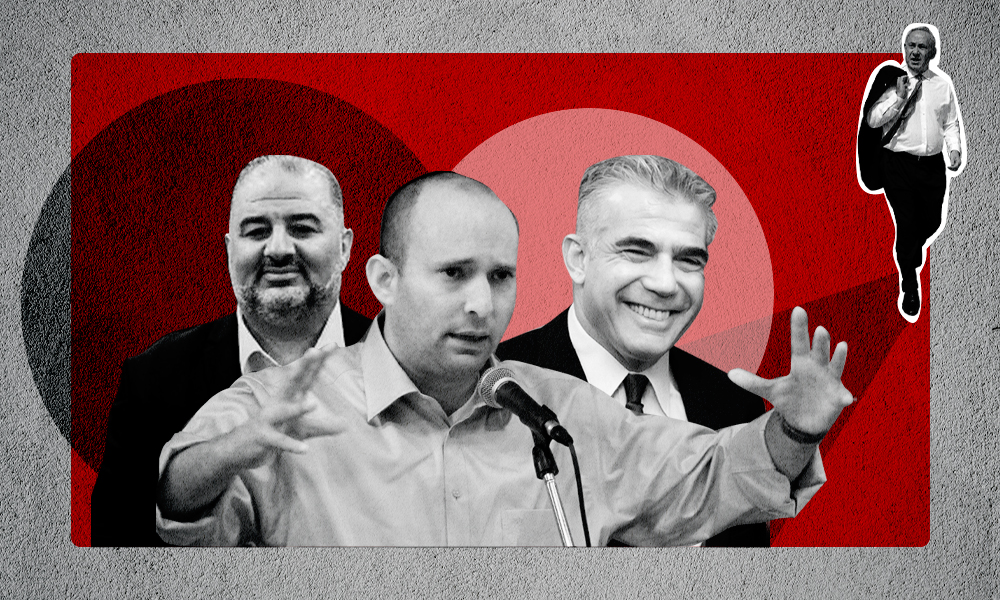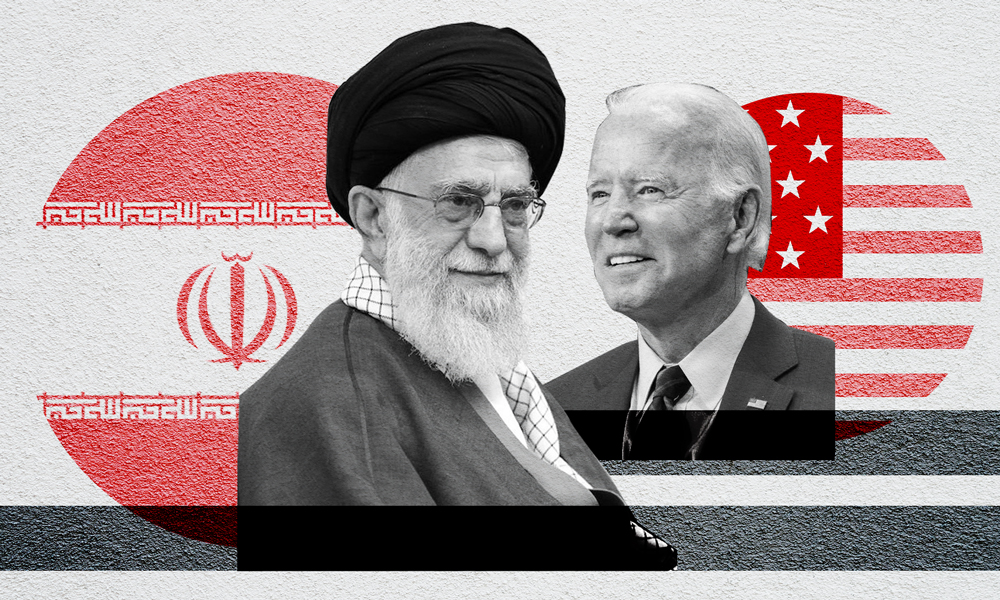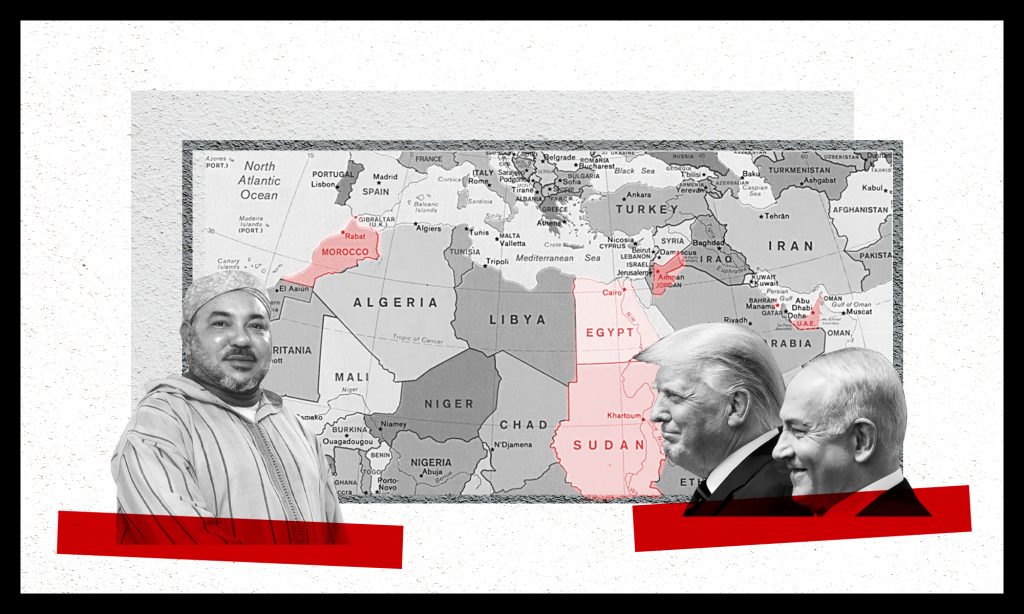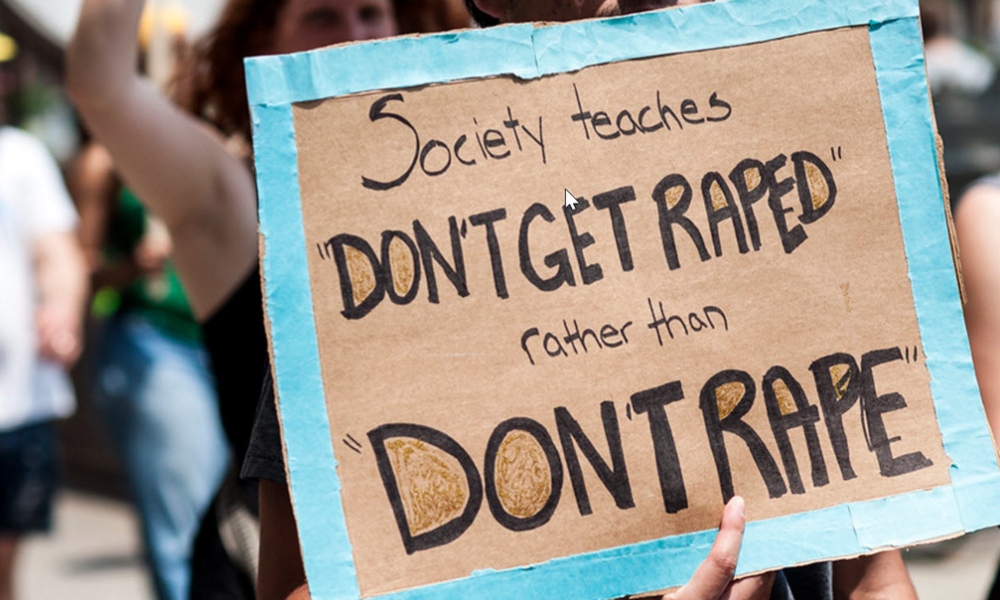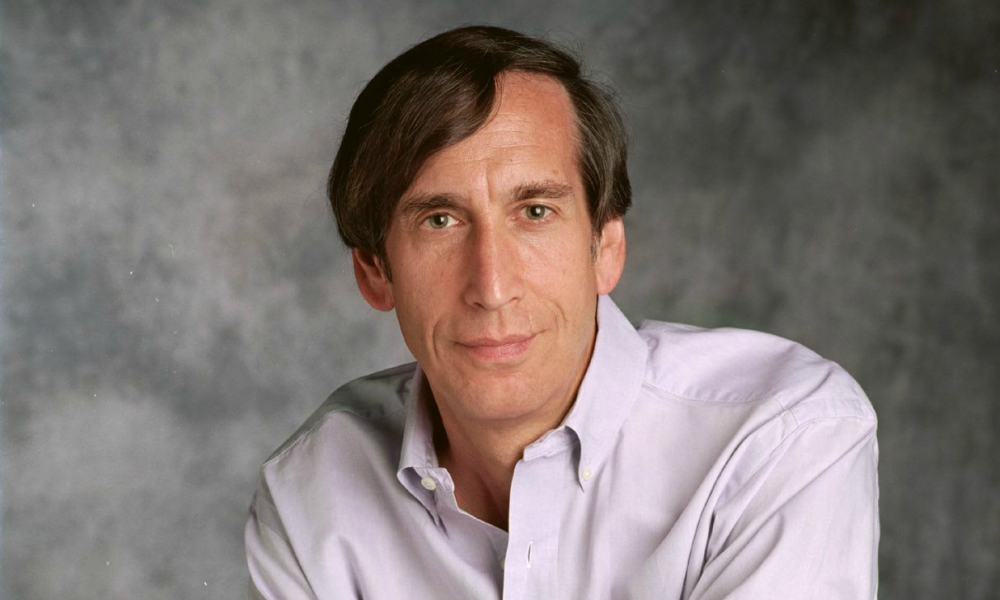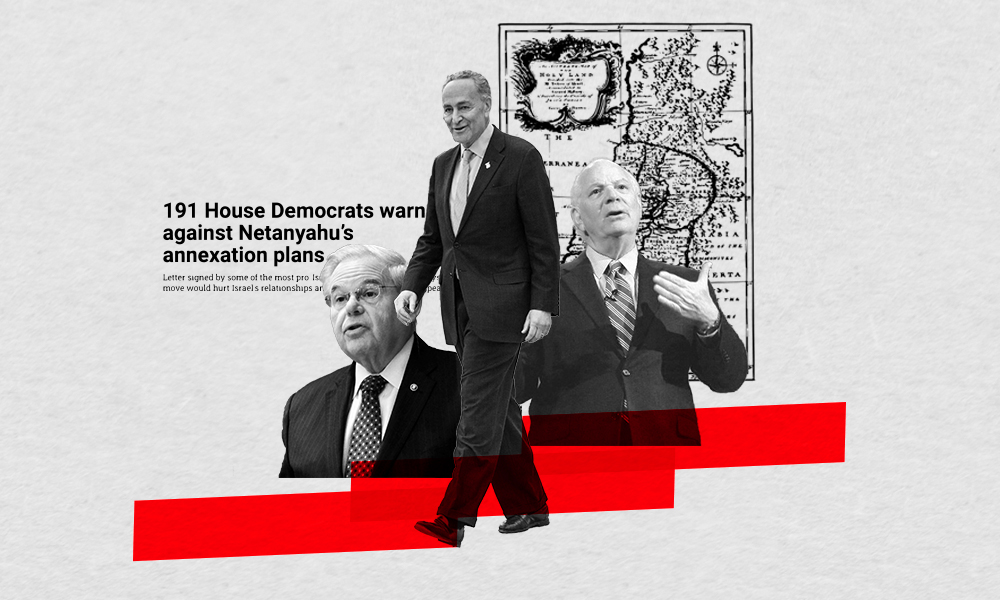It wasn’t really a surprise when Prime Minister Benjamin Netanyahu and the Likud won April’s election in Israel, his fifth election victory. The Netanyahu-led right has a solid majority in Israel, and the ideological left has been relegated to the back benches of the Knesset.
Now that Netanyahu has been in office for a consecutive decade, with the potential to surpass the tenure of David Ben-Gurion if political and legal troubles don’t get in the way, there’s talk about “the Bibi generation.” There were first-time voters this year and IDF soldiers defending our country who can barely remember anyone else being prime minister.
I’m more than a decade too old to be in “the Bibi generation.” I was in college when Prime Minister Benjamin Netanyahu returned to office in 2009 after a 10-year break. But in a way, I’m still part of it, because I moved to Israel in the summer of 2005, three and a half years before Netanyahu’s second ascent. Those first years were chaotic: We saw the emotionally wrenching Gaza disengagement, the new Kadima party’s split from Likud, then-prime minister Ariel Sharon’s stroke, the consequences of the Gaza disengagement with Hamas capturing IDF soldier Gilad Shalit, plus the Second Lebanon War—and that was just in one year. Then we had protests against the government for not being prepared, corruption allegations against then-Prime Minister Ehud Olmert, a finance minister resigning over corruption allegations, a president resigning over rape allegations, and Hamas taking over Gaza, followed by a round of rockets from Gaza leading to an Israeli military operation.
Of course, the years just before that had been more chaotic still, as Ehud Barak offered the Palestinians 92 percent of the West Bank and, in return, PLO President Yasser Arafat gave Israel the Second Intifada, four years of terror in which every bus ride or restaurant visit was like a game of Russian roulette.
That’s more or less where Israeli millennials’ political memories begin.
With that in mind, it’s little surprise that voters, in general, have grown risk-averse. Polls show that young voters in Israel tend to be right-wing and that in their minds, the left is generally associated with concessions (never mind that no one would reasonably call Ariel Sharon left-wing).
Netanyahu campaigns as Mr. Security, but that really means he’s Mr. Status Quo. Contrary to the accusations from outside Israel, Netanyahu isn’t a warmongering land-grabber. He’s extremely cautious. Left to his own devices, he probably wouldn’t move Israel one inch, whether toward concessions or settlement expansion; his political partners in recent years have forced his hand ever so slightly toward the latter.
And whether one thinks we ought to maintain things as they are or wants our government to take the initiative in one direction or another, it’s hard to deny that, in practicality, there is a plus side to Netanyahu’s preference for standing still. One shouldn’t make light of the last decade’s periodic waves of Palestinian terror—whether the weapon of choice is rockets or knives—or the operations in Gaza, the major one being Operation Protective Edge in 2014. But the past decade has been relatively peaceful for Israel, certainly compared to the one that preceded it.
Security is not everything, though polls show it is the number one priority for Israeli voters. There are other ways the past decade has been good for Israel. Unemployment is very low, quality of life is high and income inequality is on a downward trend. There are still some issues with the cost of living and a highly concentrated market, and poverty rates in the Arab and haredi sectors remain high, but overall, Israel’s economy is doing well, and Israelis feel it.
I laugh sometimes when I think about a big political issue from when I began reporting on the Knesset in 2011. Back then, “diplomatic tsunami” was a catchphrase used by the opposition to warn Netanyahu that the world was going to punish and abandon Israel for his policies. Instead, the opposite happened, and Israel has strong ties with more countries than it did then.
In short, life in Israel is good, and people in “the Bibi generation” appreciate it. Israel is the 11th-happiest country in the world, according to a Gallup poll from March of this year.
It’s good enough that the Israeli electorate wasn’t swayed by Attorney General Avichai Mandelblit’s recommendations to indict Netanyahu on charges of fraud, breach of trust and bribery, an announcement that even Netanyahu himself thought could bring him down, sources close to the prime minister have said.
I’m not here to campaign for Netanyahu. But many people ask me about Netanyahu’s staying power, and I think there is a simple explanation: Between a large cohort of younger voters who can barely remember another effective leader and Israelis who tend to be happy with the way things are, people weren’t looking for a change.
Netanyahu won’t be prime minister forever. His time as prime minister could come to an end soon, if Mandelblit’s recommendations catch up with him—though we’ve been warned of that for years and it hasn’t happened yet. Whenever Netanyahu does leave office, it will be a political bloodbath. But the way things look now and have looked for years, the right and Netanyahu’s ideas have won. The Bibi Generation could outlast Bibi himself.
Lahav Harkov is a senior contributing editor at The Jerusalem Post.


